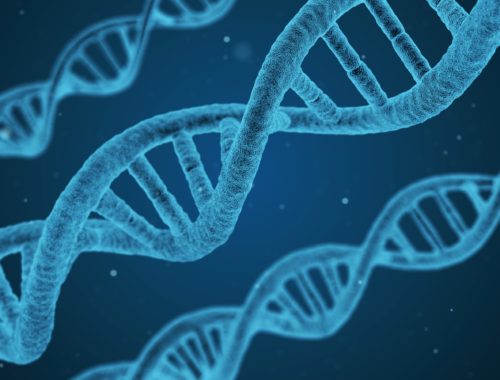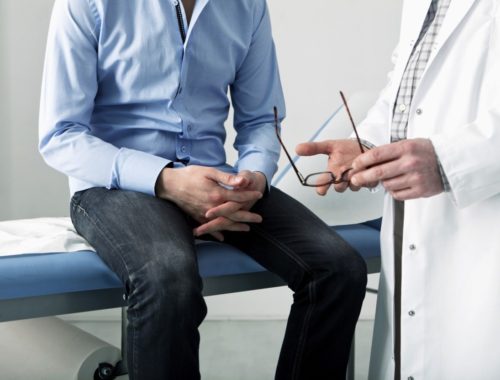Detect
Your Family Could be Your First Line of Defense Against Cancer
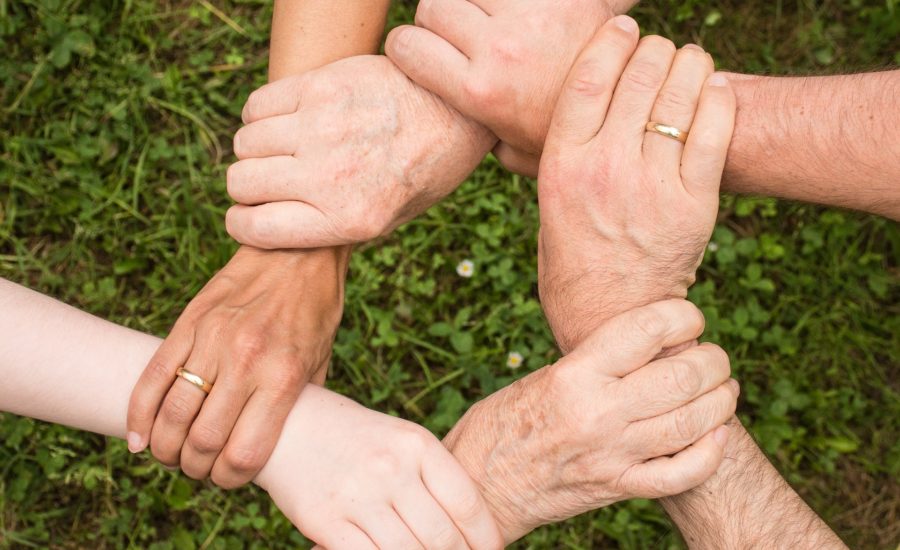
Families share a lot together including important clues to certain cancer risks.
Your family medical history can be one of the strongest factors on your likelihood of developing cancer. Even though you cannot control your genes, knowing your family’s medical experiences can help inform choices that protect your health.
And if you are ever in need of treatment, your family history can guide your doctor to finding the best options for you.
Family History: Why Is It important?
When you know that certain cancers run in your family, you can make better-informed health decisions.
Screening tests (like mammograms and colonoscopies) can detect cancers at their early stages when they are most treatable. If your doctor knows your family has a history of certain cancers, they may recommend more frequent screening starting at an earlier age.
Genes are not the only factor in cancers that appear to run in a family. Families may also share environmental hazards and lifestyle choices that affect their health. In many cases, a healthy lifestyle can reduce the risk for common illnesses in your family.
Taking preventative steps like not smoking, exercising regularly, and practicing good eating habits are not only generally good for your health, but can help protect against genetic vulnerabilities.
Genetics and Cancer Risk
When cancer runs in a family, the cancer itself is not what gets passed down. Instead, family members inherit abnormal genes that may potentially lead to cancer. However, only about 5% to 10% of cancers are thought to result from these gene defects, also known as mutations.
According to the American Cancer Society, many family cancers are caused by mutations in tumor suppressor genes. These genes play a crucial role in controlling the lifespan of cells, how they grow, and their ability to repair DNA.
Other inherited mutations make the body vulnerable to cancer-causing hazards in the environment. For example, some genes make it harder for the body to get rid of toxins in tobacco smoke. This could make a person more likely to develop a cancer related to smoking.
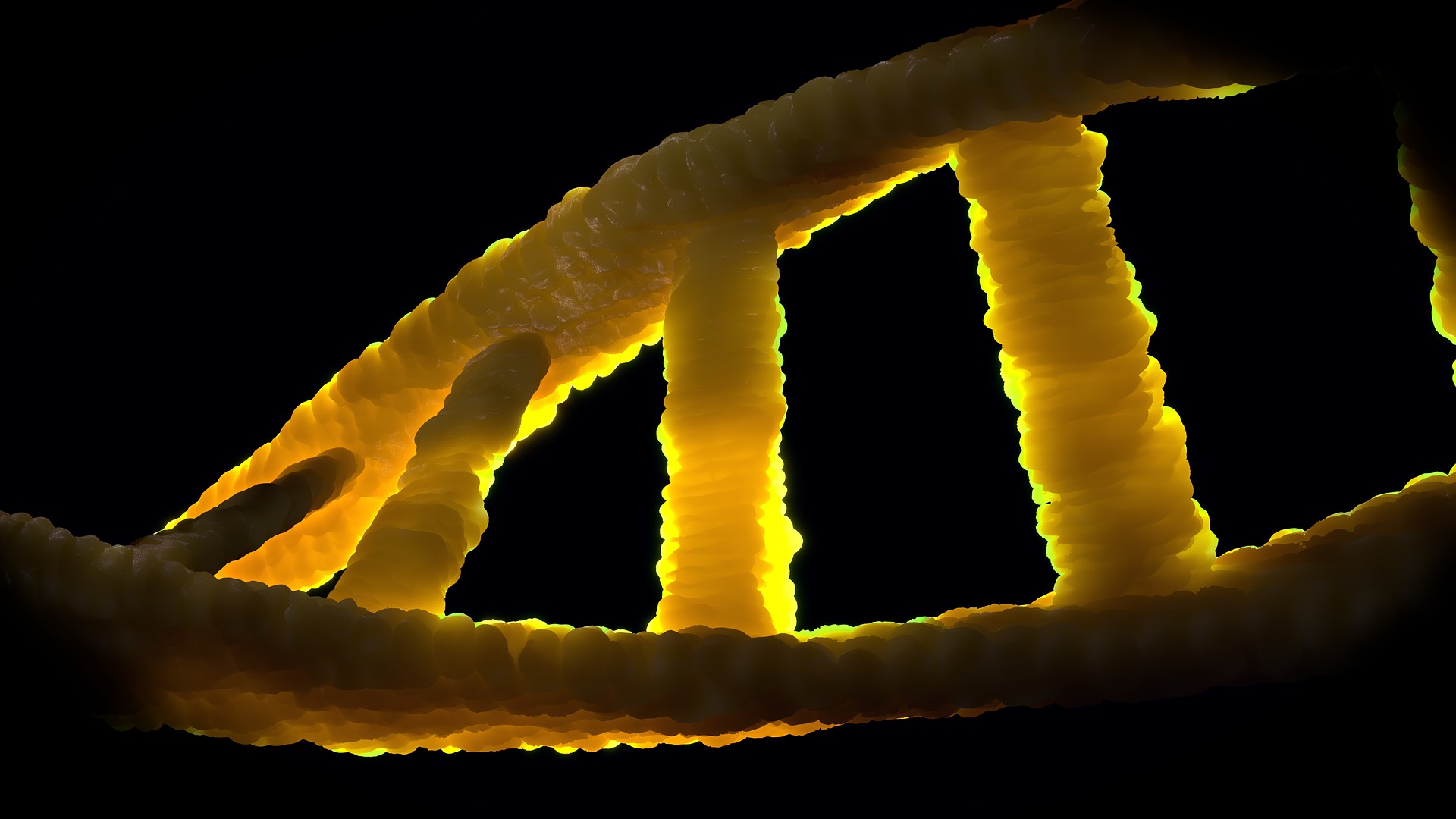
Family Cancer Syndromes
When cancers in a family are strongly linked to an inherited gene mutation it is called a family cancer syndrome.
When many of your relatives have the same type of cancer, it is typically more of a risk than if they have several different kinds of cancer. Though, in some family cancer syndromes, a multiple cancers may appear together.
For example, with hereditary breast and ovarian cancer syndrome (HBOC), breast cancer and ovarian cancer run together in families. HBOC is caused by an inherited mutation in either the BRCA1 or BRCA2 gene.
Colon and endometrial cancer (cancer in the lining of the uterus) tend to go together in Lynch syndrome (also known as hereditary non-polyposis colorectal cancer, or HNPCC). Lynch syndrome can be caused by a mutation in mismatch repair (MMR) genes. Doctors estimate that 3% of colon cancers or endometrial cancers are caused by Lynch syndrome.
Key Information for Your Family Medical History
Conversations with your first-degree relatives (mother, father, siblings) and second-degree relatives (aunts, uncles, grandparents) are a great first step in gathering your family medical history.
First-degree relatives share 50% of your genes, so their health experience is the most important to gather.
There are tools available online that can help guide you to the information you need.
The more detail you have about a relative’s experience with cancer, the more insight your doctor can provide toward prevention and treatment options. It’s important to note not just the the type of cancer, but the age they were diagnosed.
Key features of a family medical history that may increase cancer risk include:
- Many cases of the same type of cancer (especially if uncommon or rare)
- Cancers that occur at an earlier age than expected (usually before age 55)
- Cancers that do not usually affect a certain sex (for example, male breast cancer)
- Combinations of cancers that occur in a family (for example, breast and ovarian cancer)
- Cancers occurring in both of a pair of organs (like both kidneys or breasts)
- More than one childhood cancer in siblings
- Cancer occurring across many generations (for example, in a grandfather, father, and son)
If your family has one or more of these features, they may share a genetic trait for developing cancer.

When to Get Genetic Testing
After compiling a family history, genetic testing may be the next step to confirm if you carry a cancer mutation. Talk with your healthcare provider about options to meet with a genetic counselor.
A genetic counselor is a specialist who can explain the risks of testing and what you need to do if you carry a mutation.
Using predictive genetic testing to learn about family cancer risk usually involves a simple blood or saliva test. The results are typically returned in about a month.
A positive result may also lead your health care provider to have you:
- Start earlier and more frequent screenings
- Watch yourself closely for signs or symptoms of that kind of cancer
- Learn about preventative medical options (like drugs or surgery) to help reduce your risk
Keep in mind: testing can only tell you if you have a specific gene mutation, but a positive test result does not always mean you will develop cancer.
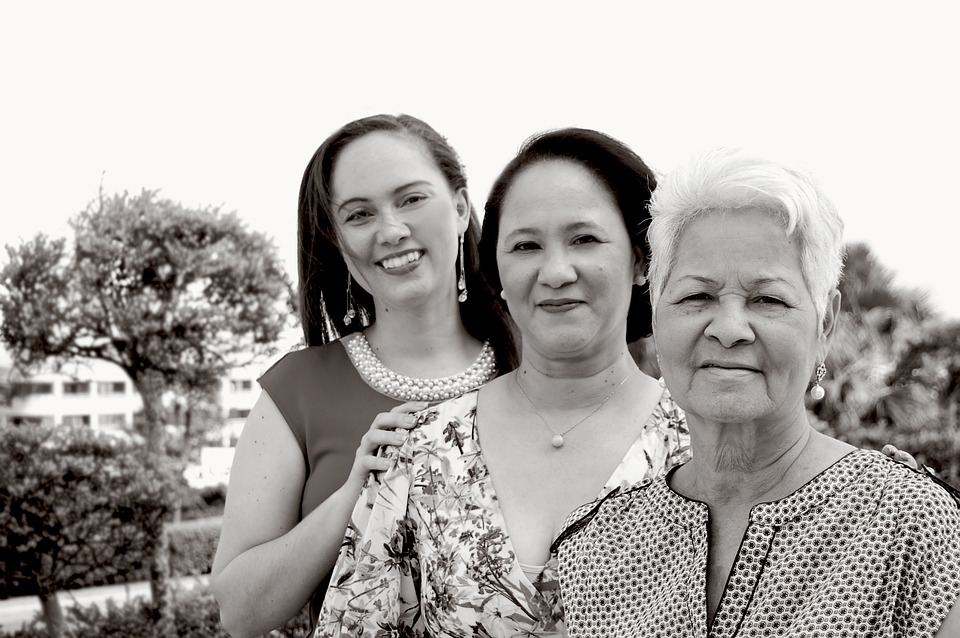
Family-Guided Wellness
Knowing your family health history is an important part of a lifelong wellness plan.
Health can be a sensitive topic, and it is important have these conversation with your family without judgment. Genetics are a factor beyond anyone’s control, but awareness can lead to better prevention and successful treatments.
Keeping your doctor and family up to date with any significant health changes can help everyone involved make informed decisions. People with a family history of cancer may have the most to gain from screening tests and lifestyle changes.
Adopting healthy lifestyle practices can reduce your risk caused by possible gene mutations or other environmental factors that may affect your family.



